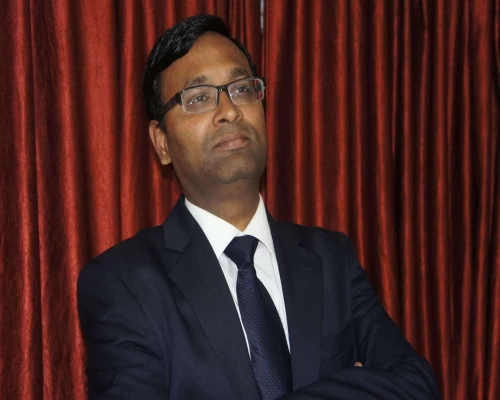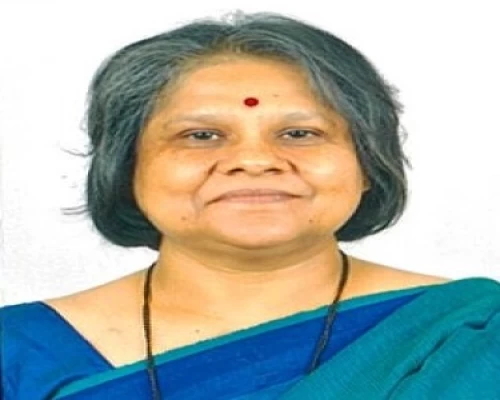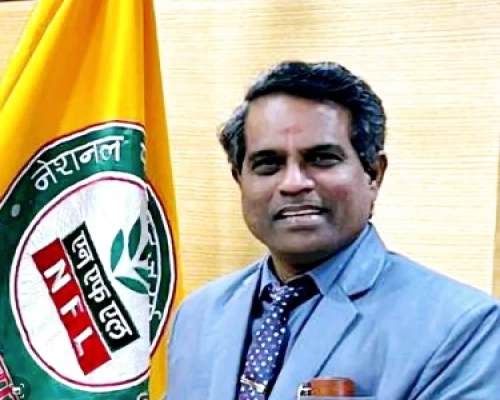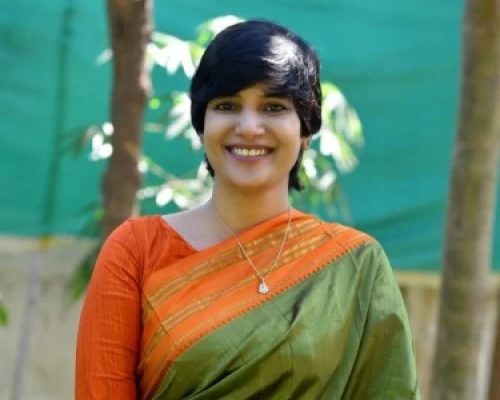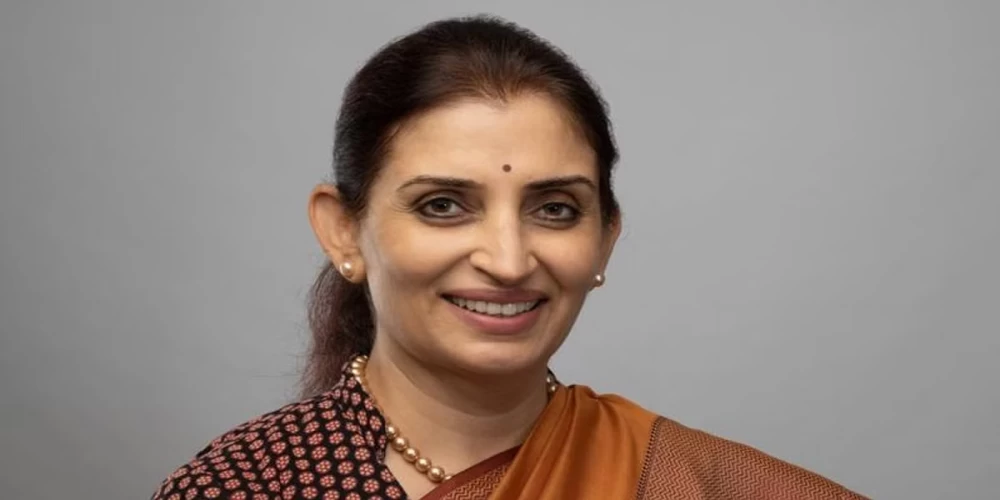
In June 2024, Sujata Saunik, an IAS officer of the 1987 batch, made history by becoming Maharashtra's first woman Chief Secretary, breaking a 64-year-old tradition in the state. Prior to this role, Saunik served as Additional Chief Secretary for the Home and General Administration departments. Her career includes roles as Assistant Collector in Aurangabad, Collector of Jalgaon, Municipal Commissioner of Nashik, and leadership positions in the central government and on foreign postings. She led several departments including Health, Administrative Reforms, Skill Development, and General Administration.
In an exclusive interview with Pragya Lal, Associate Editor, Bureaucrats India, Saunik discussed the increasing presence of women in key leadership roles and shared insights from her remarkable journey.
Presently, in Maharashtra, the two highest posts of bureaucracy, Chief Secretary and Director General of Police, are occupied by women, with you and IPS Rashmi Shukla in these roles. What are your thoughts on this significant achievement, and how do you see it influencing the perception and opportunities for women in the state’s administration?
It is indeed a moment of pride and honour for Maharashtra, as highlighted by the President in her recent address, that the two highest positions in the state bureaucracy are held by women. Maharashtra has always been a progressive state, serving as a role model for the rest of the country in terms of gender equality and empowerment. The appointment of women to these key leadership roles, including myself, the DGP, and many more, is a reflection of the state’s commitment to meritocracy and inclusion. This achievement showcases the growing recognition of women’s capabilities and sets a powerful example for future generations of women, inspiring them to aspire to leadership roles in the administration.
It is heartening that recently, more women leaders have been occupying key roles, so along with Maharashtra, there are four more states where the post of Chief Secretary is occupied by women bureaucrats: Madhya Pradesh, Mizoram, Telangana, and Uttarakhand. In general, there are many women bureaucrats across services. How do you reflect on this progress of gender equality in Indian Civil Services?
The increasing presence of women in key leadership roles across states marks a significant step toward gender equality in administration. Women are equal partners in the country’s development, deserving their rightful share, voice, and place in the administrative structure. This progress reflects a positive shift in recognising merit over gender, and it shows that inclusive leadership enhances good governance. It’s encouraging to see this trend, as it paves the way for a more balanced and representative administration.
As Chief Secretary of Maharashtra, what are the challenges and opportunities you have dealt with, and foresee in this new role?
Maharashtra, being a key state for innovation in India, presents both challenges and opportunities in governance. As Chief Secretary, my focus is on ensuring that we deliver efficient, inclusive, and transparent governance to all citizens. Challenges include ensuring an all-inclusive development approach to reach the most needy and vulnerable, managing and harnessing our data for better decision-making, streamlining service provision across sectors to enable and simplify processes, enhancing grievance redressal mechanisms to make them more accessible and effective, transitioning away from physical documents to a fully digital, paperless governance model with a real-time feedback loop, and provisioning all essential amenities for everyone.
Opportunities involve leveraging digital and innovative technologies to improve outreach and governance, enhancing our digital footprint to increase ease of navigation, efficiency, and transparency of governance systems, utilising e-office and related technologies for faster operations, developing user-friendly websites that provide comprehensive information on policies and processes, empowering women through education, health services, and financial support while promoting women-led development, accelerating digital transformation across all government agencies, improving grievance systems to effectively respond to queries, feedback, and suggestions, and adopting a "Whole of the Government" approach for integrated governance across departments with a focus on sectoral improvements.
You have been a Takemi Fellow at Harvard University’s School of Public Health. What were some key takeaways from the program, and how have you applied this knowledge in your various roles?
The Takemi Fellowship at Harvard University’s T.H. Chan School of Public Health was a transformative experience. Designed for mid- and senior-level professionals, the programme offers an immersive environment focused on hands-on learning and application. Being on campus at such a prestigious institution and learning from leading experts helped shape my ideas and hone my skills. Key takeaways from the programme included gaining a global perspective on public health challenges, understanding best practices in health system management, and applying innovative approaches to monitoring and evaluation. This experience has been invaluable in my various roles, particularly in enhancing service delivery, policy formulation, and adopting a data-driven approach to improving public health outcomes in India. It broadened my perspective on what can be achieved through a collaborative, evidence-based approach to governance and public health management.
/BI
Also Read:
- Inspire Inclusion: Clean energy solutions powering women of New Bharat: Suman Rawat Chandra, IAS
- Karimnagar launches 'Friday Sabha' to address women's issues


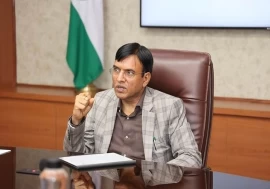


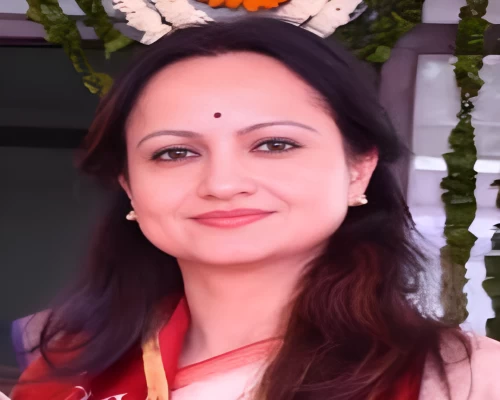
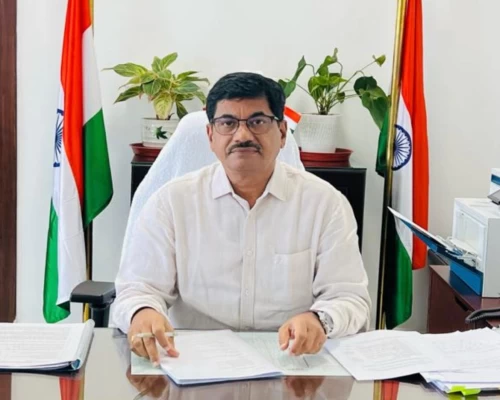
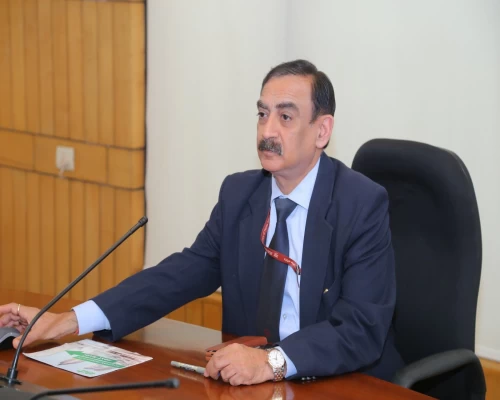
_500_x_400.webp)
